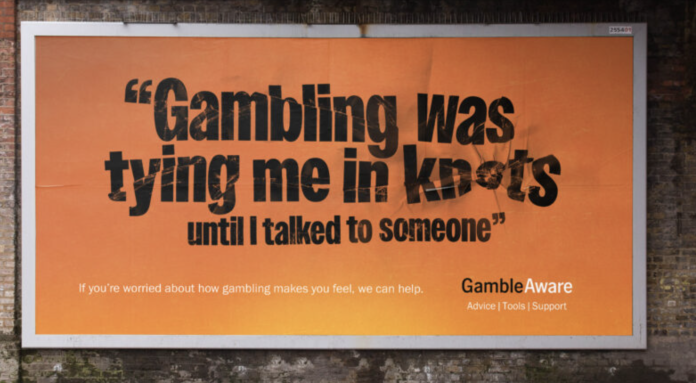GambleAware has published new insights into the lived experience of gambling harms suffered by members of minority communities across Great Britain.
New findings have been published in the ‘Minority Communities & Gambling Harms: Qualitative and Synthesis Report‘ authored by the research teams of Ipsos UK and Clearview.
Research was conducted as GambleAware recognises that “gambling harms need to be understood in the context of inequalities present in British society. Racism and discrimination impact the opportunities and affect the life experiences of people from Minority groups in complex ways.”
Insights were provided by ethnic and religious minority groups, alongside participants from asylum seeker and refugee backgrounds, as well as non-native English speakers.
Key findings detail that adults from minority communities with gambling issues are 50% more likely to have experienced racism or discrimination in public compared to those from non-minority backgrounds.
Researchers are concerned by the response indicating that members from minority backgrounds who gambled are three times more likely to describe gambling as a ‘coping mechanism’ to deal with life’s challenges (18%) compared to the wider population (6%).
Daniel Cameron, Research Director at Ipsos, said: “The findings from this study increase our knowledge of why people from Minority communities may experience gambling harm.
“The study shows that the unique experiences individuals from Minority communities face in their everyday lives can exacerbate the drivers of gambling behaviour and increase the likelihood of facing gambling harms.”
On treatment and support, the report identified unique barriers for members of minority communities seeking support for gambling issues, such as limited understanding of public health services, trust in healthcare providers, and lack of awareness regarding existing support services.
Research noted that unique everyday life experiences of individuals from minority communities can exacerbate gambling behaviour and increase the likelihood of facing gambling harms.
Community attitudes were highlighted by the report as individuals face stigma related to gambling both within their own communities and from wider society, often linked to racial stereotypes and cultural, social, or religious norms.
The report cited concerns that vulnerable minority members adopt habits to hide their problem gambling, becoming secretive in how they gamble.
To tackle stigmas and unique social conditions, the report underscored the need for inclusive recovery services to respond and ensure that individuals from minority communities feel safe and comfortable seeking support.
To improve community access to treatment and support services, GambleAware is launching a £4.3m funding programme to address the additional burdens of gambling harm experienced by members from minority religious and ethnic communities.
Zoë Osmond, CEO of GambleAware, said: “Gambling harms can affect anyone, but they can be more common and more damaging in communities that face social inequality – such as these minority groups. Fortunately, help is out there.
“The National Gambling Support Network offers confidential, tailored support for people from all backgrounds. It also does a lot of community outreach to raise awareness and increase early intervention, so that people from all backgrounds know where to turn and can get help before gambling problems turn into an addiction.”



























